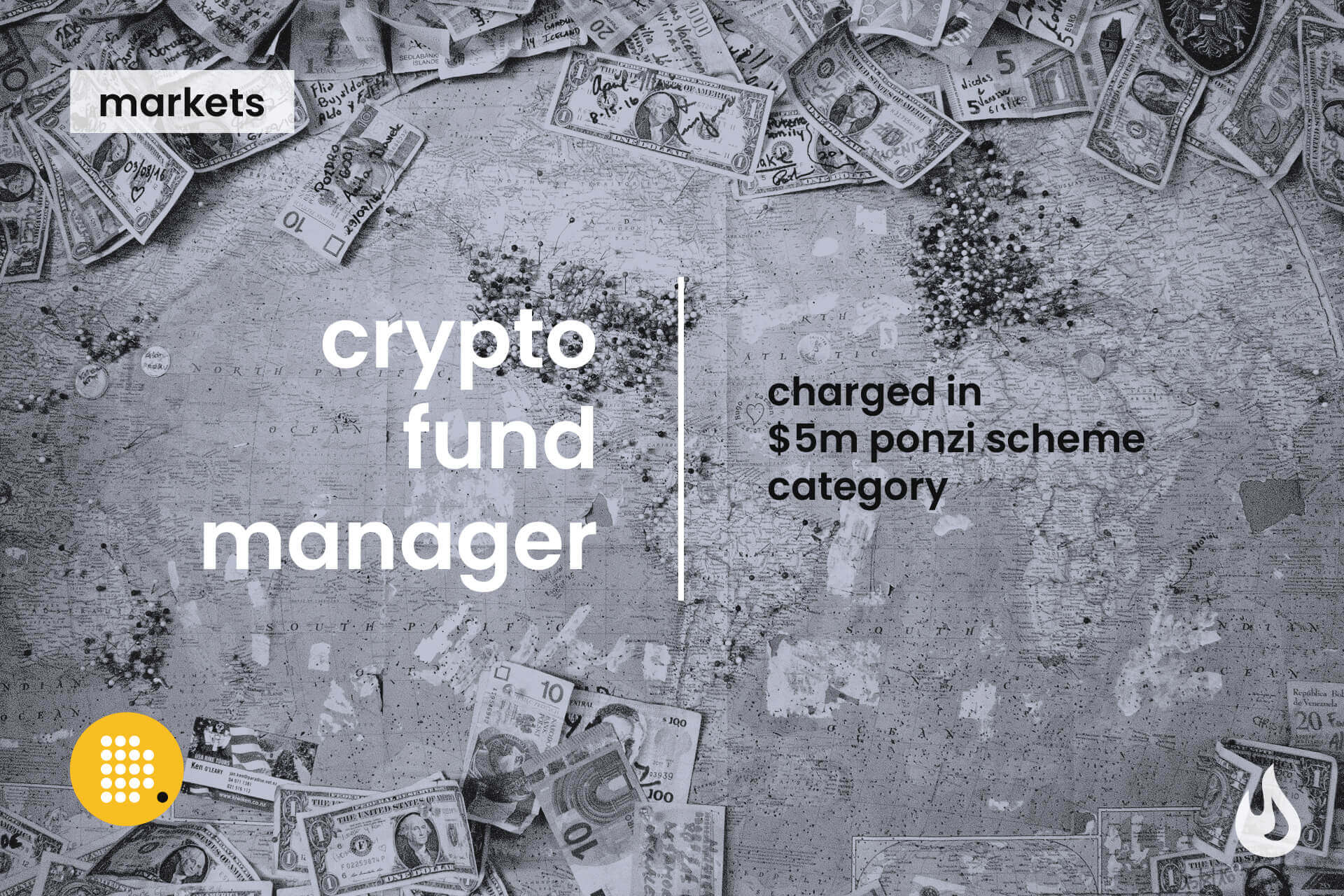
- A man posing as a crypto fund manager has been charged in a U.S. federal court
- In reality, Jeremy Spence was running a Ponzi scheme promising his investors very high returns on each investment
- For his involvement in the scheme, Spence is now facing up to 30 years in prison
A U.S. man posing as a cryptocurrency fund manager has been charged to a U.S. federal court for allegedly running a Ponzi scheme. The U.S. Department of Justice (DOJ) has announced that 24-year-old Jeremy Spence has been charged in Manhattan federal court for running a fraudulent cryptocurrency scheme.
Spence’s Dealings
Jeremy Spence or known online as “Coin Signals” is a 24-year-old from Bristol, Rhode Island. Spence posed as a crypto trader soliciting funds online for various cryptocurrency funds that he operated.
Spence majorly operated with commodities fraud and wire fraud offenses. The DOJ explained that;
Spence took cryptocurrency worth over $5 million from more than 170 individual investors after making false representations in connection with these cryptocurrency funds.
According to U.S. Attorney Audrey Strauss, Spence lured investors into his scheme by promising up to 148 percent return on investment (ROI). Then he used the money he got from new investors to pay off old investors, typical of a Ponzi scheme.
Spence reportedly operated from November 2017 through April 2019, soliciting funds from investors on the different investment fund platforms he created and managed. Investors would transfer funds in Bitcoin and Ethereum, hoping to get a quick 148 percent ROI.
On the Flipside
- Nevada-based mining firm, Marathon Patent Group has joined the growing list of institutional investors with a Bitcoin purchase of $150 million
- The firm purchased more than 4,812 Bitcoin (BTC) through the New York Digital Investment Group and will hold it as a reserve asset
- Marathon dreams of becoming the first “pure-play bitcoin investment option” for Wall Street
Penalty for the Ponzi Overlord
The department of justice has charged Jeremy Spence with one count of commodities fraud and one count of wire fraud.
The penalty of commodities fraud is a maximum sentence of 10 years in prison, while one count of wire fraud has a maximum sentence of 20 years in prison. Currently, Spence could be spending up to 30 years behind bars.
Sponsored
In addition to the DOJ filing, the Commodity Futures Trading Commission (CFTC) has filed another federal civil enforcement action against Spence. He will also be facing extra fraud charges for operating the Ponzi scheme.
